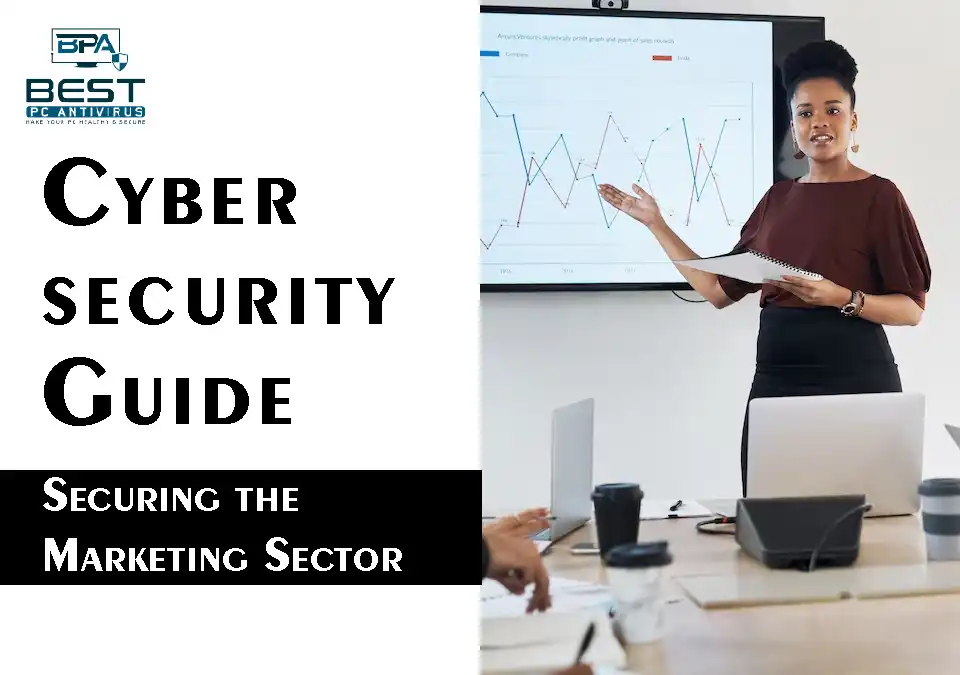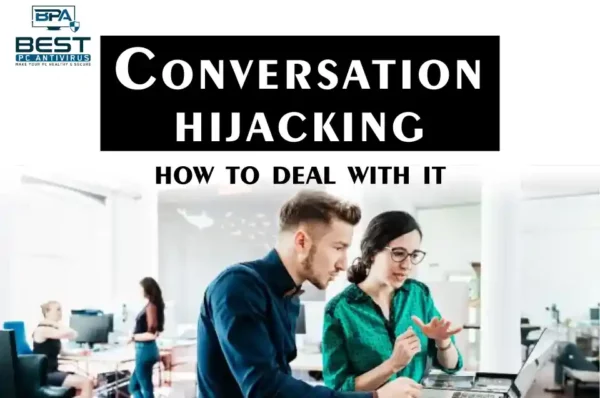The majority of today’s marketing professionals dedicate a considerable portion of their time online. However, conducting business on the internet exposes one to numerous Cybersecurity / cyber threats.
As a marketer, the information you gather serves as your arsenal, and it is crucial to acquaint yourself with the measures you can take to safeguard it.
Therefore, here are twelve critical security suggestions that any competent marketer must adhere to.
#1 Update Your Damned Software
This is especially for my people who use their smartphones for most of their work. Y’all are weird but I got your back. See, software updates often contain security patches that can fix vulnerabilities that could be (and most likely would be) exploited by cybercriminals (or your jealous co-workers, idk). But the thing is hackers, those ba*tards, are continually looking for ways to exploit weaknesses in your software.
Apart from security patches, software updates also bring new features and improvements to the existing software. By updating your software, you can ensure that you have access to the latest functionalities and all the good, sweet stuffs.
Updating software is generally straightforward and can be done with just a few clicks, so I beg you, please go do it. Most software comes with an automatic update feature, which notifies you when an update is available and allows you to install it with minimal effort. But y’all still click the ‘Remind Me Later’ option. And that’s why you are miserable. Failing to update your software can result in it being more vulnerable to attacks and can lead to significant security breaches. Which will make your life even worse than it already is.
In the context of the marketing sector, it is especially important to keep all marketing tools and software up to date to ensure that, you know, sensitive data is protected and not compromised due to outdated software. Please don’t procrastinate this. Please.
#2 Encryption Baby, Encryption!
Ever read Da Vinci’s Code? It’s similar to that. And I’m pretty sure that you know what I’m talking about. But I’m here to scream it at your ear till it bleeds. Encrypted communication is EVERYTHING! Especially for y’all Work-From-Home babies. The use of encryption has become increasingly popular in the tech industry, from cryptocurrency to end-to-end messaging, due to the growing concern for online privacy and security.
Using public or unsecured Wi-Fi networks for work can leave your device vulnerable to man-in-the-middle attacks, where a hacker intercepts your connection and gains access to your data. This is where encryption comes in as a critical tool for protecting your devices.
Encrypting your communication through a Virtual Private Network (VPN) is an effective way to secure your data on public Wi-Fi. A VPN essentially creates a private network within a public network, hiding your communication and making it impossible for outsiders to read it, even if they manage to hack into your device.
The bottom-line being, communicate and save information in an application that’s end-to-end encrypted and use a VPN while working.
#3 Stop Hoarding Data, Just Stop!
I understand that data is valuable for marketing purposes, but gathering too much of it can make a (or your) business very vulnerable to cyber attacks.
To avoid hoarding data, it is important to evaluate the sources of the data and gather only what is necessary for marketing purposes. This would require you to spend a lot of time assessing the data you collected and stored, in order to determine what you need and what you do not. This step is crucial to ensure that the business is not unnecessarily exposed to security risks.
Once you have determined what data is essential, it is important to store it properly to minimize the risk of data breaches. Proper storage includes utilizing encryption and other security measures to protect the data from unauthorized access.
#4 Be Careful With Plugins
I cannot stress enough the importance of being cautious when it comes to using plugins on a website. Plugins are basically additional software that can be installed to enhance the functionality of a website. We all use it a lot. Like a lot. Like everywhere. However, some plugins may be malicious and can result in serious security breaches that can lead to the theft of sensitive data. Therefore, it is essential to evaluate every plugin before installing it on your website.
Moreover, using too many plugins can also slow down your website’s performance, so it is best to keep the number of plugins to a minimum. Additionally, regularly updating plugins is crucial as, again, these updates often include security patches to fix any vulnerabilities that could be exploited by hackers.
Many plugins also allow you to set up automatic updates, which is an effective way to ensure that your website is always up-to-date with the latest security features.
Lastly, it is important to delete all plugins that are no longer in use to avoid any potential security risks.
FAQs
What are some of the cybersecurity threats faced by marketing professionals online?
Marketing professionals online face numerous cybersecurity threats, including man-in-the-middle attacks, data breaches, and malware attacks, among others.
Why is it important for marketers to update their software regularly?
Updating software regularly is crucial for marketers as software updates often contain security patches that fix vulnerabilities that could be exploited by cybercriminals. Failure to update software can result in significant security breaches.
How can encryption help in securing sensitive data for marketing professionals?
Encryption can help secure sensitive data for marketing professionals by making communication and data transfer through a Virtual Private Network (VPN) impossible to read, even if an outsider manages to hack into the device.
What are the risks of hoarding too much data for marketing purposes?
Gathering too much data can make a business very vulnerable to cyber attacks. It is important to evaluate the sources of data and gather only what is necessary for marketing purposes. Proper storage includes utilizing encryption and other security measures to protect the data from unauthorized access.
Why should marketing professionals be cautious when using plugins on their website?
Plugins can be malicious and can result in serious security breaches that can lead to the theft of sensitive data. Using too many plugins can also slow down a website’s performance. It is important to evaluate every plugin before installing, keep the number of plugins to a minimum, update them regularly, and delete any plugins that are no longer in use.
Read More : When Spyware Arrives From Someone You Trust




